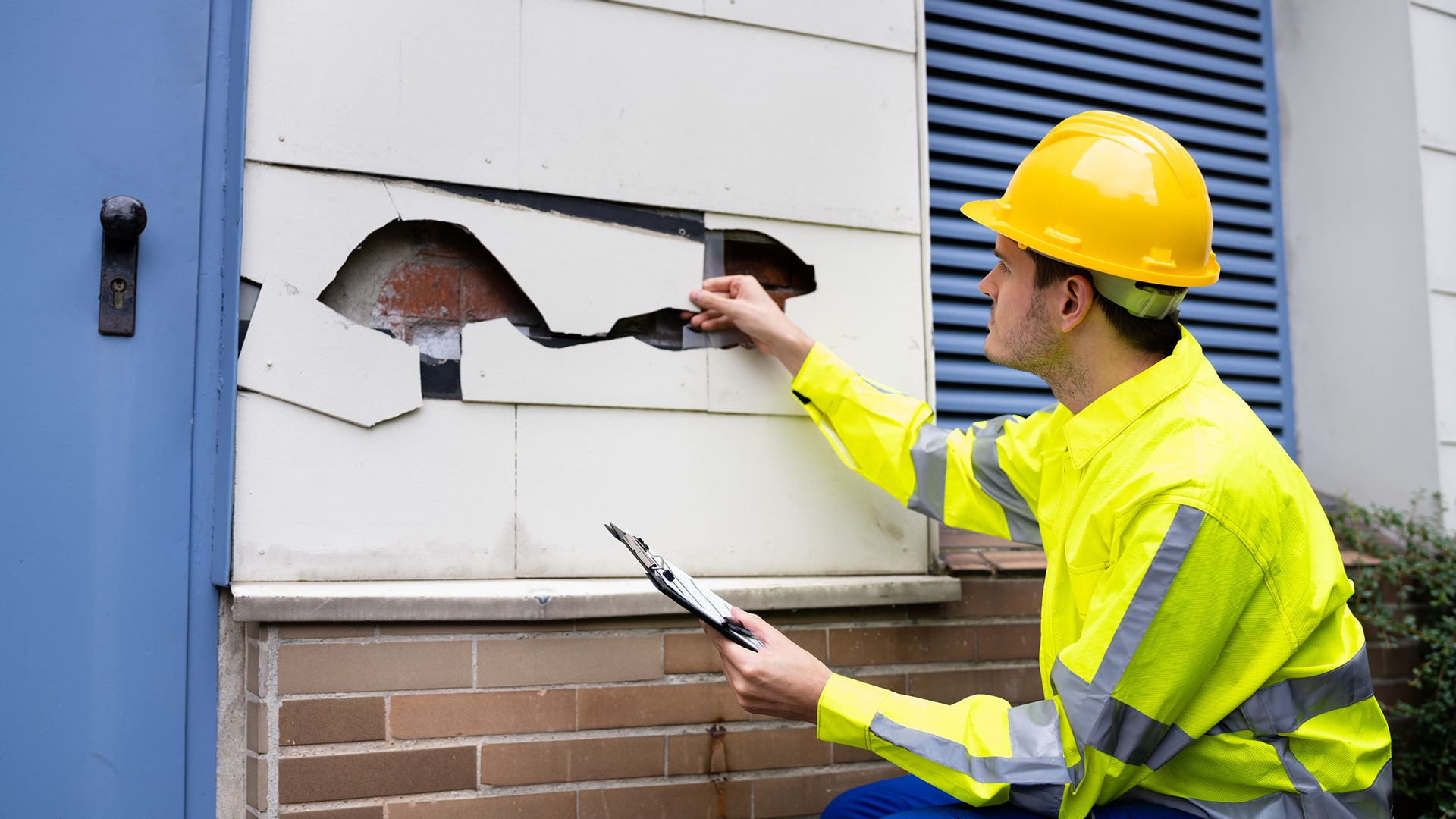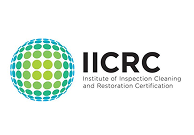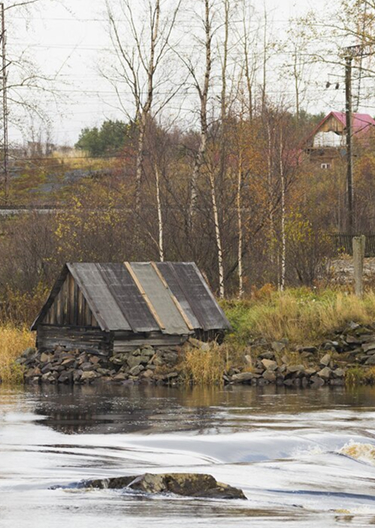Water damage doesn’t just soak your floor system, soaks your bank account, your time, and sometimes your sanity. For homeowners, the initial shock of a flooded basement or a burst pipe might seem manageable: a few thousand dollars, a couple of fans, and you’re done, right? Property managers, juggling multiple units, might think they’ve seen it all—until the repair bill triples because of unseen mold or a tenant threatens to sue over health hazards. The real cost of water damage isn’t the wet carpet you see; it’s the cascade of consequences that hit weeks, months, even years later.
Let’s start with the money. A typical water damage claim might run $2,500 for a small leak, according to industry stats, but add in mold remediation—$5,000 to $15,000 if it’s bad—and suddenly you’re refinancing your life. Homeowners often underestimate how fast mold grows; 48 hours of dampness is all it takes for spores to stake a claim behind drywall or under floorboards. Property managers face a different beast: downtime. A single flooded unit might be offline for weeks, costing rent and pushing tenants to break leases. Multiply that by five or ten units, and you’re staring at a financial hole that no emergency fund can fill.
Then there’s time sucking. Insurance claims aren’t quick. You’re on the phone, chasing adjusters, haggling over coverage for that “pre-existing” crack you swear wasn’t there. Homeowners might spend evenings researching contractors, while property managers field tenant complaints— “Why’s my ceiling still dripping?”—while juggling vendors who can’t agree on who’s drying what. It’s exhausting, and it’s not just about the property; it’s about your life being hijacked by a disaster you didn’t sign up for.
The hidden kicker? Health and liability. For homeowners, it’s the cough that won’t quit after breathing musty air. For property managers, it’s the tenant who claims asthma from a damp apartment, threatening legal action. One study pegged indoor mold exposure to a 30-50% jump in respiratory issues—numbers that landlords can’t ignore when a lawyer’s involved. Skimping on restoration, hiring the cheapest crew or skipping the dehumidifiers—might save a buck today, but it’s a gamble that can cost you everything tomorrow.
So, what’s the play? Invest upfront. A solid restoration pro with industrial-grade equipment can dry a space properly, not just slap a Band-Aid on it. Homeowners don’t let sentimentality cloud judgment—those soggy heirlooms might need to go if they’re breeding grounds. Property managers, document everything; photos and moisture readings can save your bacon in a dispute. Water damage isn’t a one-and-done fix, it’s a chess game. Play it smart, and you’ll protect more than your property; you’ll protect your future.

















